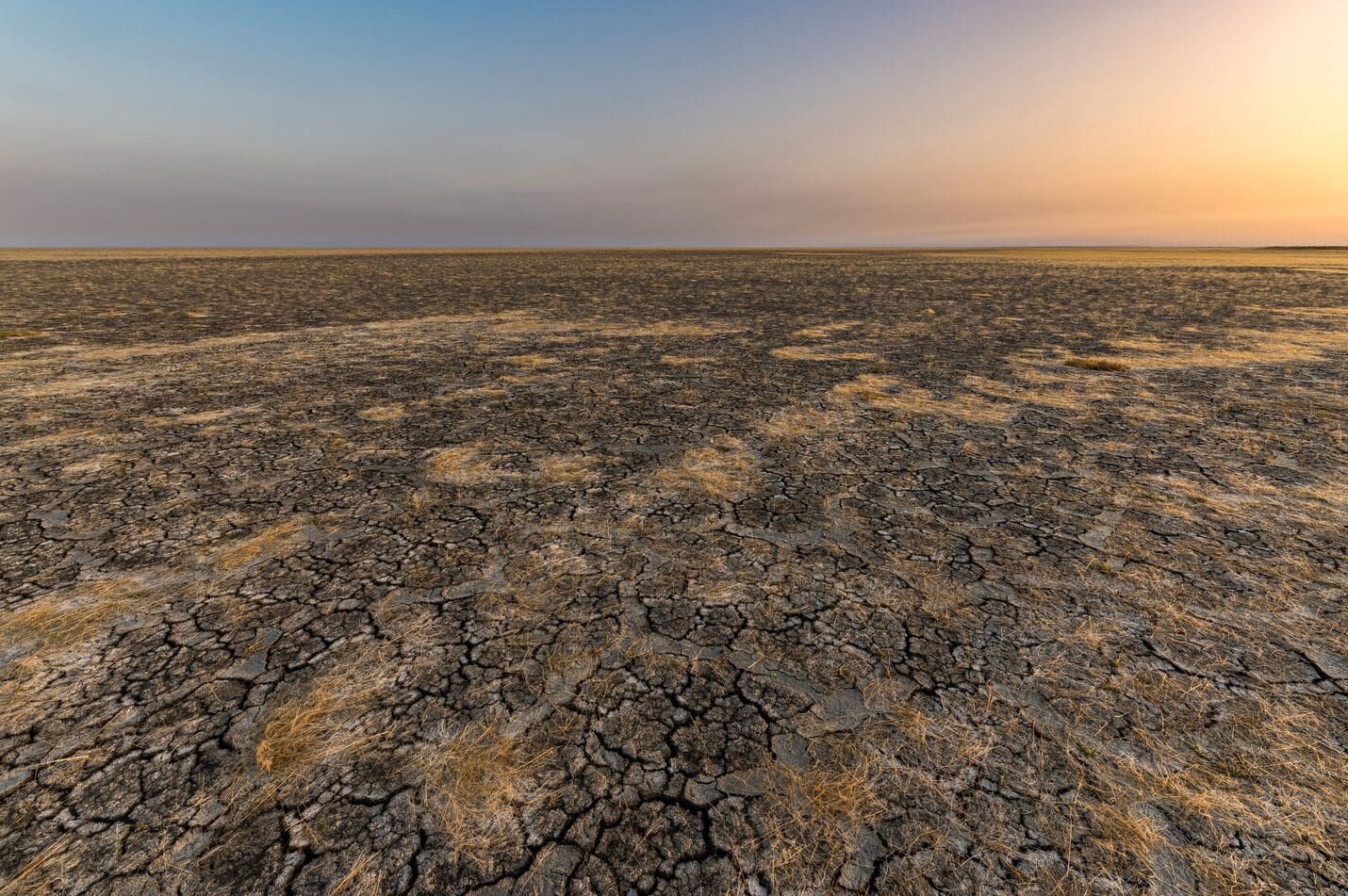
Yarra Valley Water has been named the top-ranking water company on the prestigious Financial Times Asia-Pacific Climate Leaders list for 2024 – for the second year in a row.
The list, compiled by the Financial Times and Statista, showcases the most influential companies in the Asia-Pacific region that are leading the way in climate action and sustainability.
Yarra Valley Water ranked in the top 15 out of only 37 Australian companies to make it to the list.
Managing Director Pat McCafferty said he was proud that Yarra Valley Water is among a select group of companies to make it to the list.
“Climate change is one of the greatest challenges that faces the Victorian water sector,” he said.
“2023 has officially become the hottest year on record. We’ve seen the devasting impact that our changing climate can have, with severe floods and more frequent, intense weather events. We’re extremely close to the 1.5°C threshold, beyond which experts say humanity and the planet will struggle to adapt.”
“But there’s still time to act,” he said. “We recognise the vital role the water industry must play in tackling the crisis, and we’re committed to taking real action now to minimise our carbon footprint and prepare our infrastructure and services for the impacts of climate change,” Mr McCafferty said.
Ranked alongside other major brands such as Bank Australia, Fujitsu, Telstra and Woolworths, Yarra Valley Water has emerged as the leading water company on the Climate Leaders list.
The water utility aligns its initiatives with the United Nations Sustainable Development Goals (SDGs). Yarra Valley Water was one of the first water utilities in the world to sign up to these goals.
Mr McCafferty said Yarra Valley Water has accelerated its path to becoming net zero and aims to reach zero reportable emissions for the financial year 2025/26, in accordance with the Statement of Obligations (Emissions Reduction) rules.
“We’ll achieve our goals by reducing operational emissions, producing and purchasing renewable energy, and investing in carbon-reduction projects. This will provide Climate Active eligible carbon offset units from carbon-reduction projects here in Victoria.
“From July 2025, we will use 100% renewable electricity,” Mr McCafferty said. “We’ll build on the progress that we’ve already made by exploring green hydrogen, expanding our food waste-to-energy operations, installing more solar panels, transitioning to a net zero vehicle fleet, and increasing the use of recycled materials in construction.”
The Financial Times Climate Leaders list recognises companies that achieved the greatest reduction in their Scope 1 and 2 greenhouse gas (GHG) emissions intensity over a five-year period.
Scope 1 emissions come from a company’s own operations, Scope 2 measures the energy a company uses, and Scope 3 includes emissions across the entire value chain.
Statista, the company who compiled the list, noted that Yarra Valley Water ‘clearly stood out’ for its ‘commitment to reducing its emissions intensity at a time when the fight against global warming remains an overarching issue.’
Mr McCafferty said it’s important to track progress on reducing greenhouse gas emissions and to remain accountable.
“Real climate leadership requires more than good intentions. It demands transparency and accountability to ensure that our promises are backed by genuine, measurable action.”
Statista reviewed publicly available data from approximately 2,000 companies in the Asia-Pacific region. Melbourne’s South East Water also made the list.
“The Victorian water sector is progressive in taking action to meet ambitious emissions reduction targets by 2035. Being recognised as climate-leaders in the Asia Pacific demonstrates our progress and that we really care about building a business that is better for our customers, our community and the environment,” Mr McCafferty said.
For more information, head to the Financial Times Climate Leaders list 2024.


